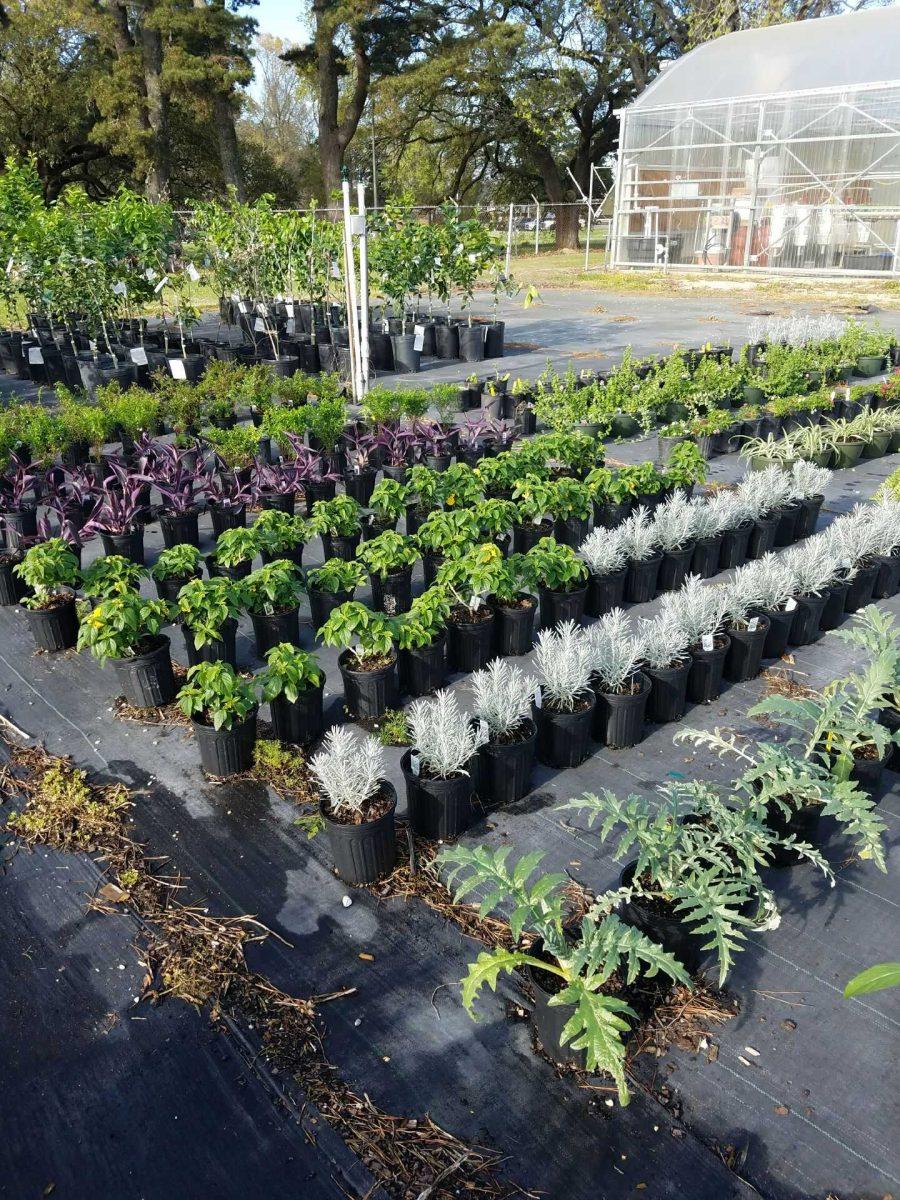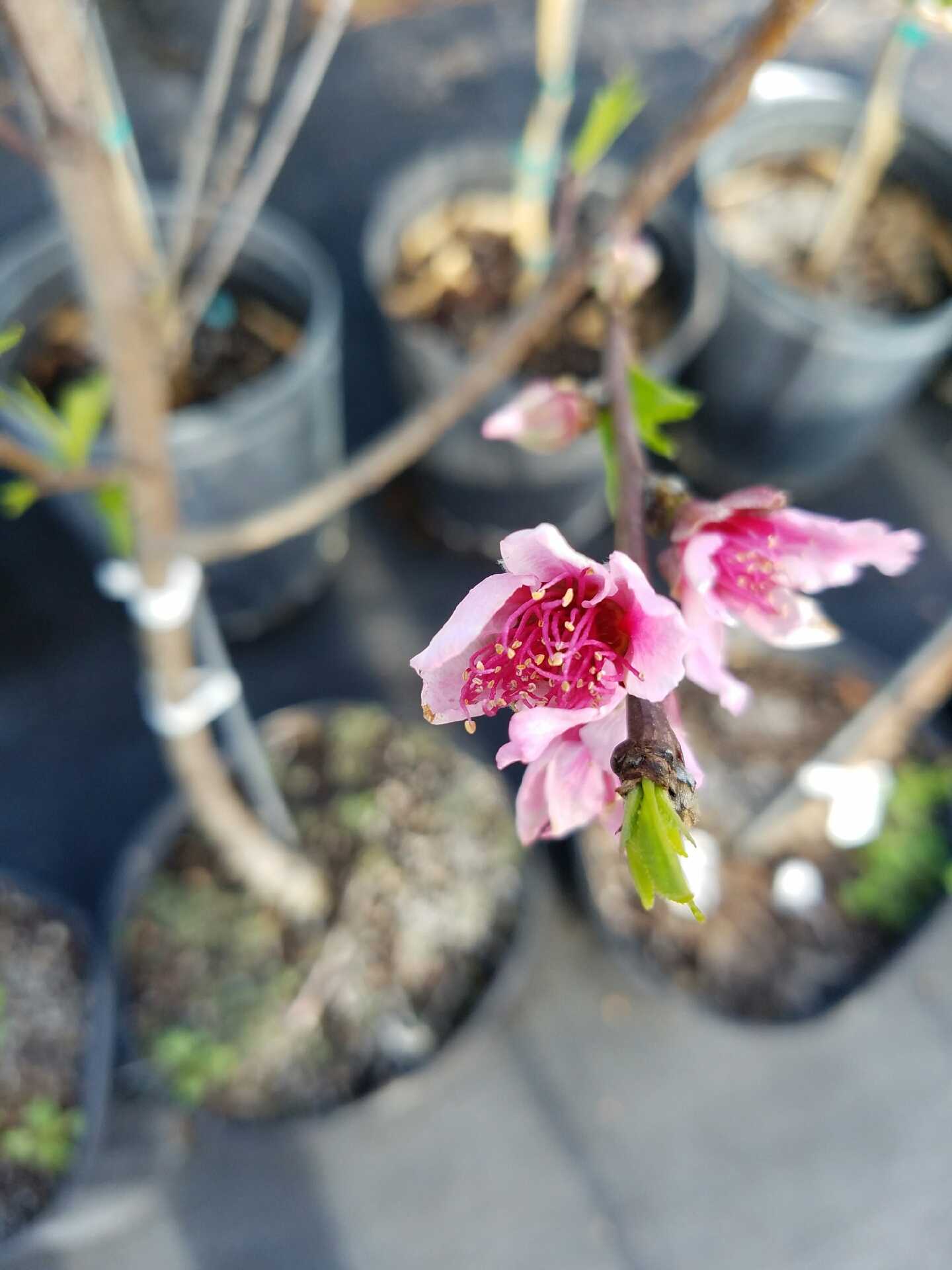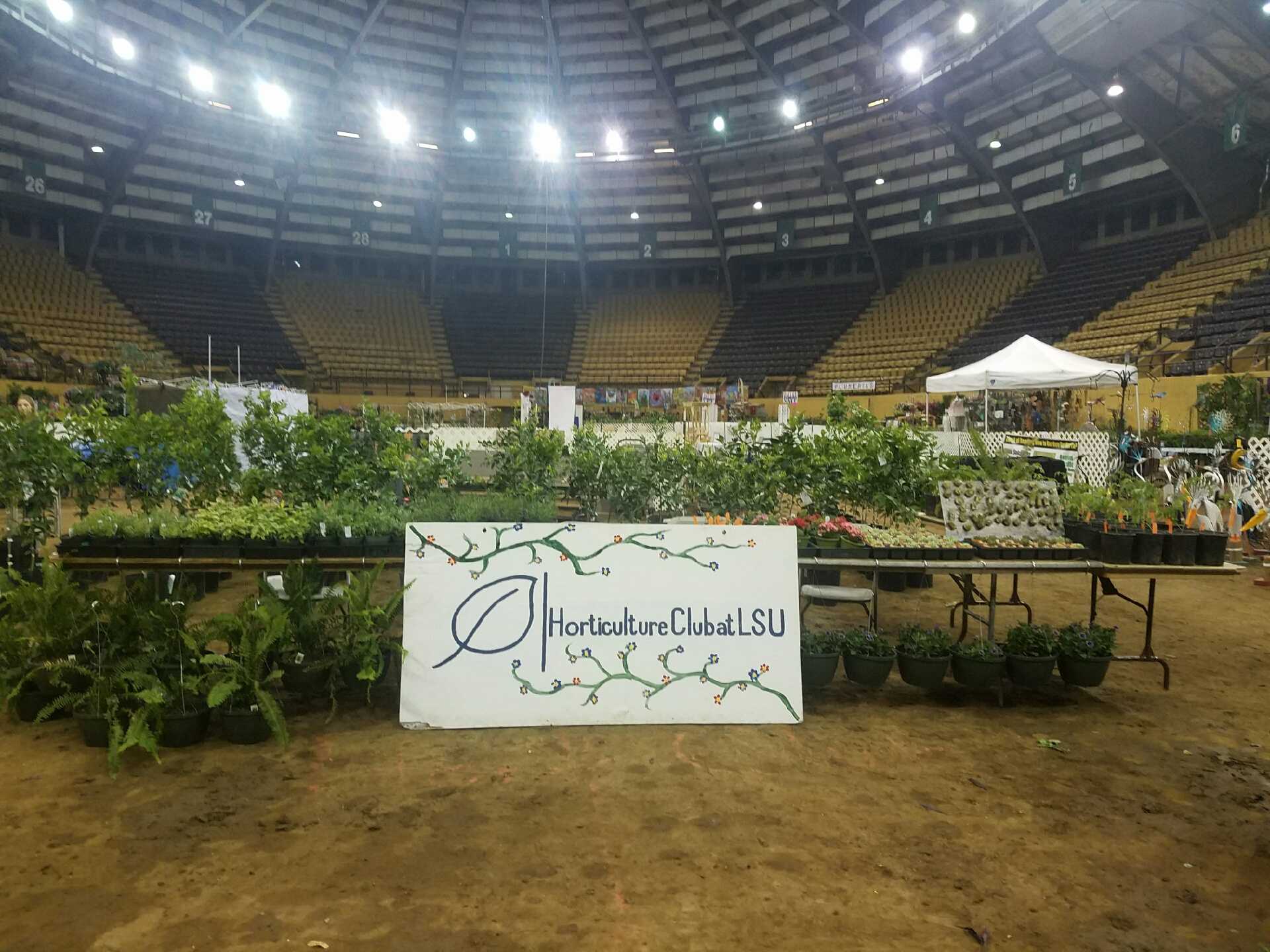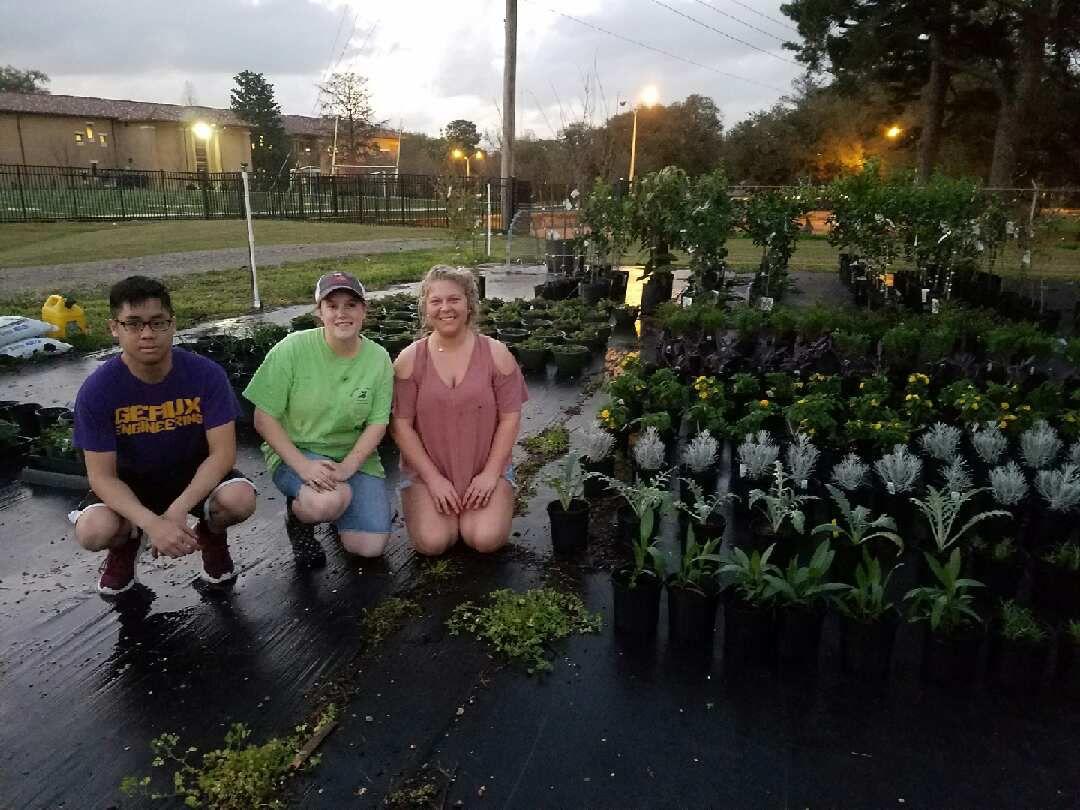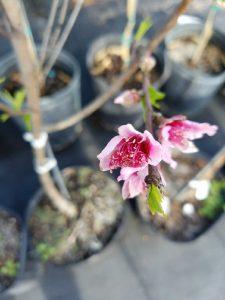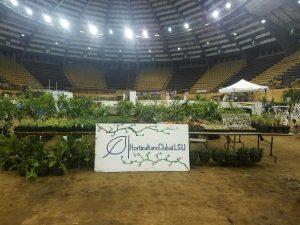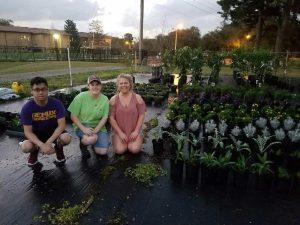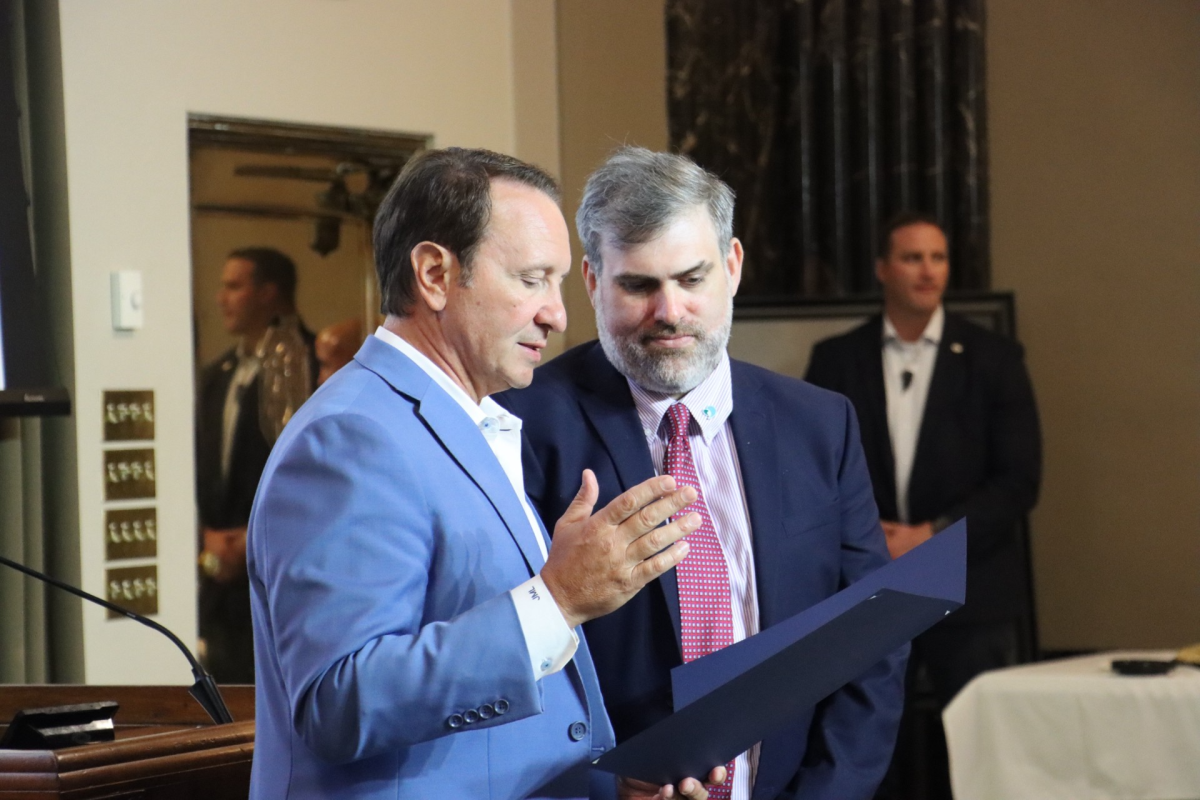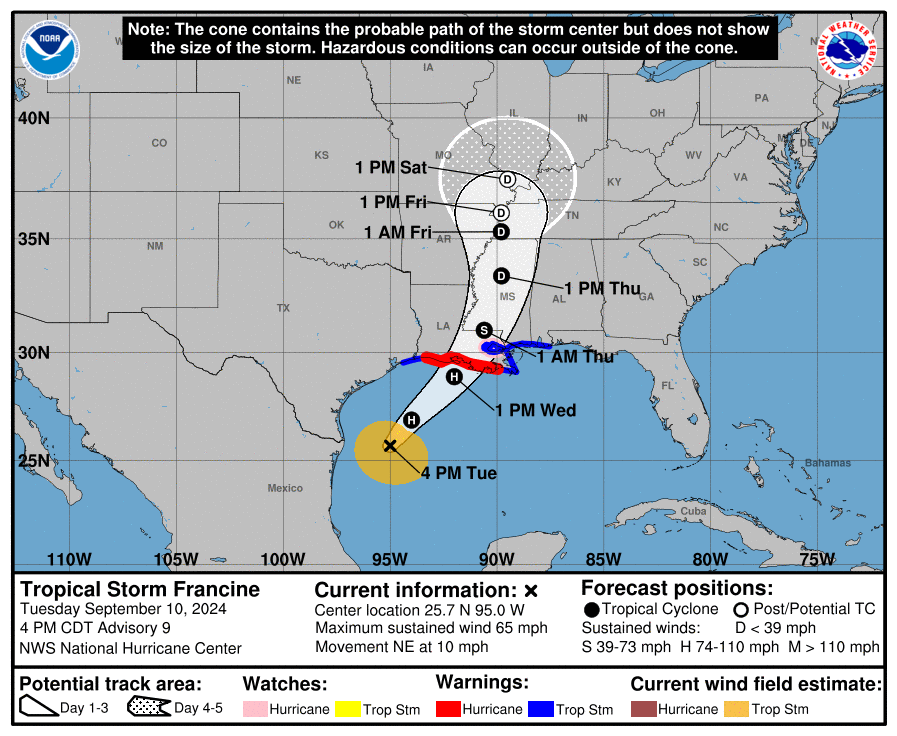University students with unfulfilled gardening dreams are in luck. The Horticulture Club at LSU will be holding massive plant sales on April 5 and 6, open to the general public.
The sale will last from 8 a.m. to 4 p.m. both days, and will be held on the corner of South Stadium and Highland. A wide range of produce will be available, including ferns, garden vegetables, limes, fruit trees and more than a hundred succulents. Supervising the sale will be Horticulture Club president Emily Schenk.
The club has been holding semi-annual sales since it began in 1946. While their profit has encountered drastic fluctuations, ranging from a few hundred to a few thousand, they have many repeat buyers who swear by their produce. Usually it sees around 200 to 300 people at these sales.
“We want to be able to provide the LSU community with stuff that’s going to be able to be grown in our greenhouse, so any kind of plants,” Schenk said. “We mainly do ornamentals or vegetables. Sometimes we do fruit, like the fruit trees. But most of that, we want to focus on and say ‘Here’s our students learning how to do this,’ and we’re also learning how to provide it to our LSU community, faculty, staff, whoever wants it.”
Apparently, what the people really want are succulents. Succulents have been especially popular with students, as they thrive in low-light conditions, such as dorm rooms. This year, the Horticulture Club really branched out in succulent selection, featuring specialized plants like the string of pearls succulent and the pencil cactus.
Tomatoes have also been a big ticket item in the past. Five or six different tomatoes species will be available, thanks to customer demands. The club takes their plants very seriously—most of the items for sale have been hand-raised by club members since January.
Most vegetables are also put through a process called hardening, in which club members make the plants hardier and likely to survive in hot temperatures, so that they have a higher success rate in home gardens. The club has professional horticulturists as mentors, who advise them on the best species to plant and how to keep produce disease-free.
Edward Bush, associate professor in the AgCenter, praised the quality of the vegetables for sale.
“Their plants are some of the best, from the best people recommendations, the best cultivars. So it kinda makes them special,” Bush said.
Students in the club are allowed to advocate for the plants they’re passionate about, as well. One of the members last year deeply loved artichokes, and the last remnants of his bumper crop are still available, should any customers request artichoke.
“It’s a chance for them to do some great things, and if they fail, it’s okay,” Bush said. “It’s a time to spread your wings, take your chances. Some things, like fern spores, are very difficult.”
However, things haven’t been all sunshine and roses for the club after losing 10 percent of their crop in a damaging January freeze. Luckily for them, plants in the greenhouse remained undamaged. Club members also have plans to expand. The club currently occupies approximately one acre of land in Hill Farm, but will probably use more land when their shade house is
completed.
The club hopes to eventually grow ground cover in the shade house, which would be used by facility services, in areas around oak trees in place of mulch. This ground cover would reduce drain blockage, as well as preventing runoff. It would most likely be more eco-friendly and cost-effective.
“For our club, it’s about getting out there, doing things hands- on, so they can understand how it works, and functions,” Schenk said. “It’s a teaching tool for
real-world application.”


